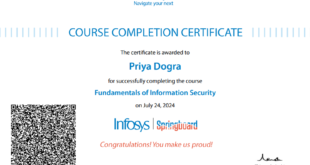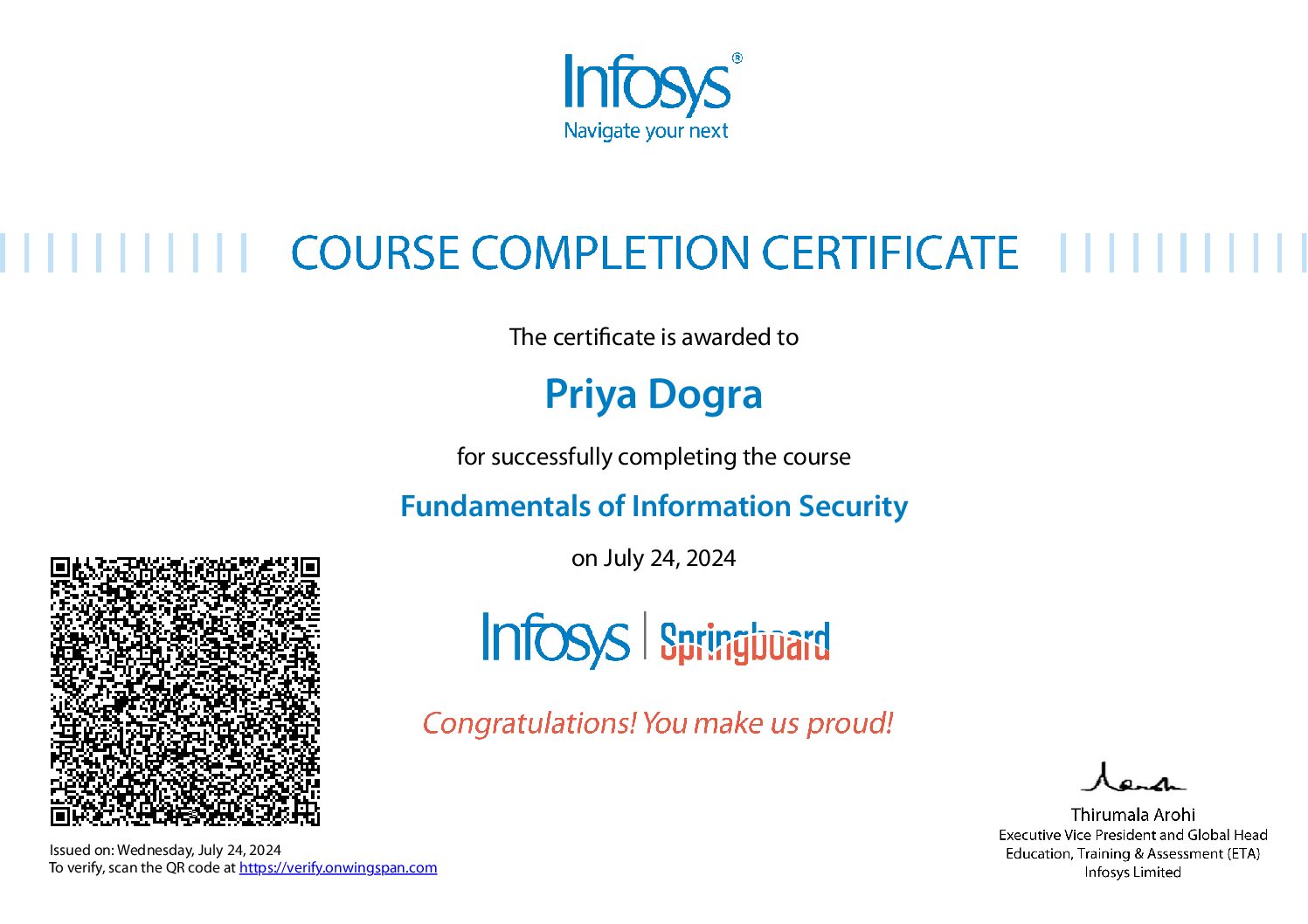Business Management & Entrepreneurship FREE Certification – The Digital Adda
Business Management and Entrepreneurship are two closely related fields that play a crucial role in the world of business and economic development. Let’s explore each of these topics:
Business Management:
Business Management refers to the process of organizing, planning, controlling, and directing the activities of an organization to achieve its goals efficiently and effectively. It involves overseeing various aspects of a business, such as operations, finance, marketing, human resources, and more. Business managers are responsible for making strategic decisions, allocating resources, and ensuring that the company operates smoothly.
Key Areas within Business Management include:
Strategic Management: Involves setting long-term goals, formulating strategies to achieve those goals, and making decisions to ensure the organization’s competitive advantage.
Operations Management: Focuses on managing the day-to-day operations of a business, including production, logistics, and supply chain management.
Financial Management: Involves managing the financial resources of a company, including budgeting, financial planning, and risk management.
Marketing Management: Deals with identifying customer needs, developing products or services, pricing, promotion, and distribution.
Human Resource Management: Involves recruiting, training, and managing employees to create a productive and motivated workforce.
Entrepreneurship: Entrepreneurship is the process of creating, launching, and managing a new business venture with the aim of making a profit and addressing market needs or gaps. Entrepreneurs are individuals who take risks, innovate, and bring new ideas or products to the market. They play a vital role in driving economic growth and job creation.
Key Aspects of Entrepreneurship include:
Idea Generation: Identifying business opportunities and coming up with innovative ideas or solutions.
Market Research: Conducting research to assess the feasibility and potential of the business idea in the market.
Business Planning: Developing a comprehensive business plan that outlines the company’s vision, mission, target market, competition analysis, and financial projections.
Funding and Financing: Securing funding to start and grow the business, which may involve seeking investments from venture capitalists, angel investors, or obtaining loans.
Risk Management: Entrepreneurs need to identify and manage risks associated with their ventures.
Networking and Collaboration: Building a network of contacts and collaborating with others in the industry to gain support, partnerships, and insights.
Both Business Management and Entrepreneurship are essential components of a successful business. Business managers often work within established organizations to optimize their operations and achieve their goals, while entrepreneurs create new ventures and contribute to economic innovation and growth. Many successful entrepreneurs eventually transition into business management roles as their ventures grow and require more formalized organizational structures and management practices
Certification: Get Business Management & Entrepreneurship Certification – The Digital ADDA Certificate from The Digital Adda which you can share in the Certifications section of your LinkedIn profile, on printed resumes, CVs, or other documents.
Exam Details:
- Format: Multiple Choice Question
- Questions: 10
- Passing Score: 8/10 or 80%
- Language: English
Here are the Questions and Answers:
Question 1: What defines the corporate culture of an organisation? Choose One
- A concise and precise passage stating the organisation’s essential objectives
- An informal set of behaviours
- A formal declaration of values
- The system of shared values of an organisation
Question 2: Which behavioural theorist stated that employees are motivated according to what type of person they were – type X or type Y? Choose one
- McGregor
- Mayo
- Johnson
Question 3: Which of the following feed into Strategic Planning decisions? Choose four.
- Layout
- Organisational capacity
- Strategic planning
- Process
- Location
Question 4: Which of the following may be used as a basis for future action? Choose one.
- analyzed data
- interpreted data
- collected data
- all of the above
Question 5: Identify sources of direct internal change to organisations. Choose three
- The government
- Managers and employees
- Organisational culture
- Business policies and strategies
- Competition
Question 6: Which of the following can occur by using the latest technology. Choose four.
- Increased costs to the organisation
- Assists improved organisational competiveness
- Lower levels of waste
- Less risks to employee health from high speed and repetitive jobs
- Lower levels of staff turnover
- Higher quality levels of work
Question 7: Which of the following best describes the period immediately prior to the employee starting the job, when a period of induction should take place? Choose one.
- Training that is based on the current skill level of the employee.
- The process of helping the new employee fit into the job.
- A process involving the assessment of the performance of an individual employee.
- Goals to be achieved in the short, mid or long-term by the employee.
Question 8: Which of the following is NOT a source of external pressures for change? Choose one
- Market competition
- Government
- Human Resources
- General economic environment
- Society as a whole
- Technology
Question 9: Which of the following are ways that an organisation can increase capacity? Choose three.
- Purchase more raw material
- Create additional shifts and hire more employees
- Increase plant and machinery
- Get current staff to work overtime
Question 10: The approach adopted by many Human Resources Departments which is seen as a driving force behind the success of many organizations is described which of the following? Choose one.
- Induction Training-led
- People Oriented
- Benefit Maximization Strategy
- Return on Capital Maximization
 Priya Dogra – Certification | Jobs | Internships
Priya Dogra – Certification | Jobs | Internships



